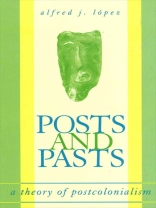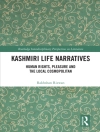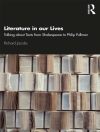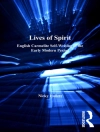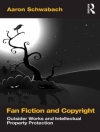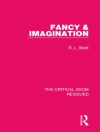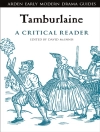In Posts and Pasts: A Theory of Postcolonialism, Alfred J. Lopez argues for a formulation of postcolonial studies which diverges in three significant ways from current academic and institutional practices: 1) the postcolonial as diasporic, constituted by a series of dispersed and irregular criticisms not at all containable within a single set of parameters, whether historical, geographical, or socioeconomic; 2) the postcolonial as a distinct ontological moment in the life of a nation or people, in which it conceives itself as doubly haunted–on the one hand by the ‘memory in advance’ of a collective national future and on the other by its colonial past; and 3) the postcolonial as a distinct phenomenological moment, a radical break in the history of a relation between lords and bonds-women and -men.
Going further than previous studies to address the postcolonial as a diasporic body of texts and discourses, it looks at a remarkable variety of writers—Joseph Conrad, Wilson Harris, Jose Marti, Edward Kamau Brathwaite, Michelle Cliff, J. M. Coetzee, Franz Fanon, Gabriel Marcia Marquez, and Salman Rushdie.
Inhoudsopgave
Acknowledgments
Introduction Posts and Pasts
Chapter One
The Other! The Other!: Conrad, Wilson Harris, and the Postcolonial Threshold of Capacity
Chapter Two
Specters of the Nation: Resistance, Criollismo, and the Ambivalence of the Neo-
Chapter Three
Whiteness and the Colonial Unconscious
Chapter Four
Toward a New Humanism. . . .: Fanon, Hegel, and the Crisis of Mastery
Chapter Five
Reason, the Native, and Desire: A Theory of Magical Realism
Conclusion
Magic, Realism, and the Post-
Notes
Biblography
Index
Over de auteur
Alfred J. Lopez is Assistant Professor of English at Florida International University.
